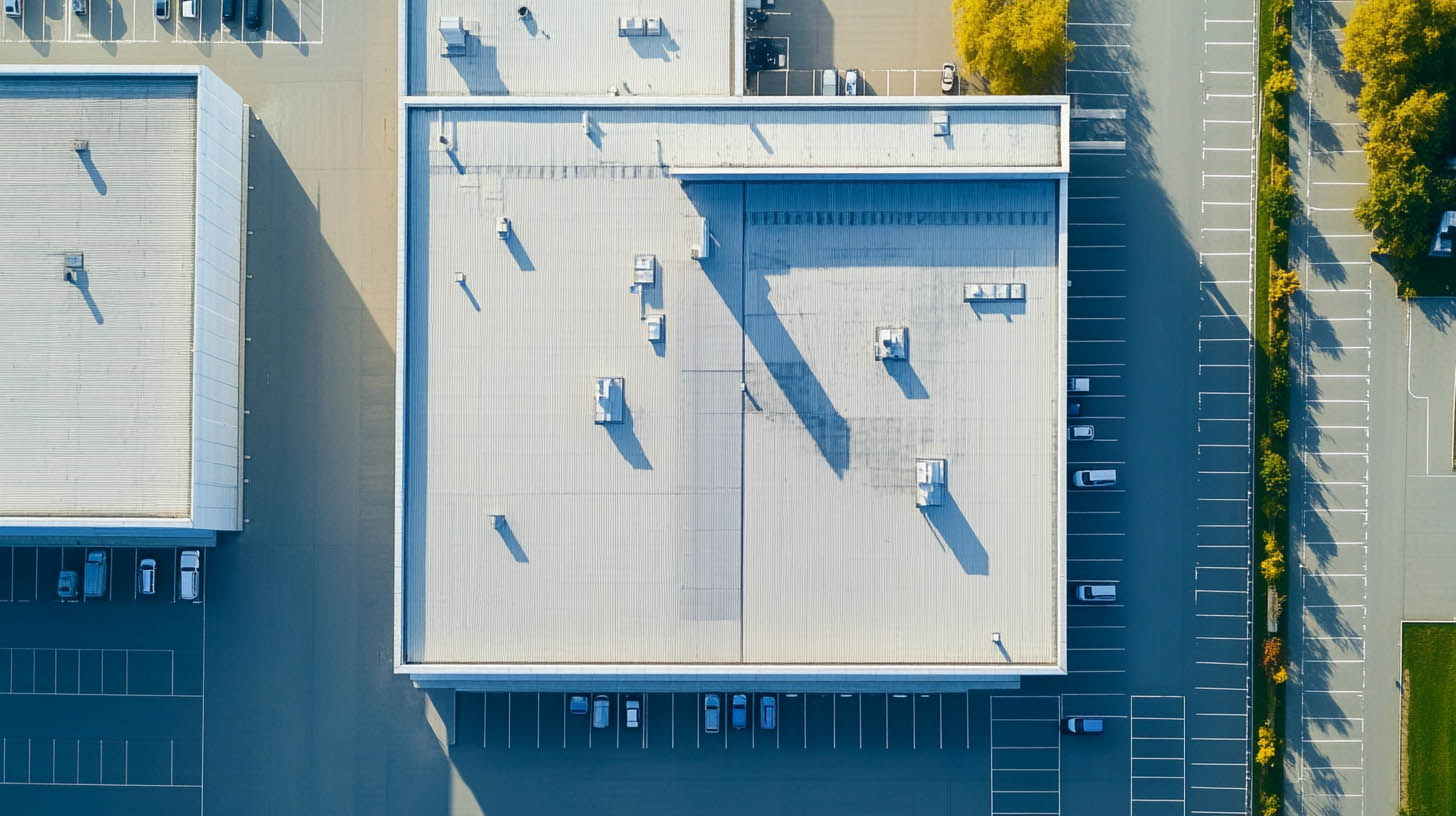
A well-executed commercial roof installation is essential for protecting your property and ensuring its longevity. Rainstoppers Roofing in Charleston, WV, specializes in professional commercial roofing solutions, offering expertise in materials, design, and installation techniques. Here’s a comprehensive guide to understanding the process.
Popular Commercial Roofing Options
Single-Ply Membrane Roofing
These lightweight and durable options, such as TPO, PVC, and EPDM, offer resistance to UV rays and chemicals, making them ideal for flat or low-slope roofs.
Built-Up Roofing (BUR)
Composed of multiple layers of bitumen and reinforcing fabrics, BUR is a cost-effective solution known for excellent waterproofing and durability.
Metal Roofing
Metal roofs, including steel, aluminum, or copper, are long-lasting and resistant to fire, weather, and pests, offering a sustainable solution for commercial buildings.
Modified Bitumen Roofing
This hybrid system combines flexibility and strength, suitable for low-slope roofs, providing effective waterproofing.
Green Roofing
Incorporating vegetation, green roofs enhance insulation, reduce heat absorption, and improve energy efficiency, while contributing to aesthetic appeal.
Cost Factors for Commercial Roof Installation
Roof Size and Materials
The larger the roof, the higher the material and labor costs. Materials like metal, single-ply membranes, and BUR vary significantly in price.
Roof Design Complexity
Features such as skylights, vents, and HVAC units increase installation complexity, impacting costs.
Insulation
High-quality insulation ensures energy efficiency but may increase upfront costs.
Labor and Accessibility
Labor costs depend on local rates and roof accessibility. Additional safety measures or equipment, like scaffolding, may add to expenses.
The Role of Professional Maintenance
Extended Lifespan
Regular inspections and repairs help prevent major damage, extending the roof’s life.
Energy Efficiency
Well-maintained roofs offer better insulation, reducing heating and cooling costs.
Warranty Compliance
Adhering to maintenance requirements ensures warranties remain valid, saving on future expenses.
Components of a Roof Installation Warranty
Coverage
Standard warranties cover workmanship and materials for 5–20 years. Premium options may extend further.
Exclusions
Typical exclusions include natural disasters and neglect. Regular maintenance is often required to maintain warranty validity.
Prorated vs. Non-Prorated
Prorated warranties decrease in value over time, while non-prorated options provide consistent coverage.
FAQs
How much does a commercial roof installation cost?
Costs vary based on size, material, insulation, and features. Consult professional contractors for accurate estimates.
Why is insulation important in commercial roofing?
Insulation regulates temperature, reduces energy use, and enhances comfort, making it essential for energy efficiency.
How do I find a reliable commercial roofing contractor?
Seek recommendations, check online reviews, and verify credentials. Obtain multiple quotes to compare services and pricing.To learn about the simple process of installing roll roofing, click here.
